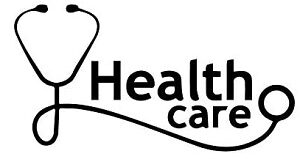Welcome to a fresh discussion about an important topic – ‘Medical Clinics And Their Role In Chronic Disease Management’. Today, we unpack the vital position medical clinics occupy in managing chronic diseases. The term Spring weight loss might spark thoughts of diet fads or exercise regimens. However, it is in fact a piece of the puzzle in chronic disease management. Let’s dive into understanding how medical clinics contribute to this beneficial process.
The Role of Medical Clinics
Medical clinics play a key role in managing chronic diseases. They provide primary care, patient education, and ongoing management plans. They also connect patients with specialists when necessary.
The Benefits of Regular Clinic Visits
Regular clinic visits help to manage chronic disease. They assist in monitoring progress, adjusting treatment plans, and preventing complications. For example, a patient with diabetes would visit the clinic for regular blood sugar checks.
Spring Weight Loss and Chronic Disease Management
Spring weight loss is not just about shedding winter pounds. It’s a crucial part of managing chronic diseases such as diabetes and heart disease. A healthy weight can improve blood sugar levels, reduce blood pressure, and lower cholesterol levels. These improvements can help manage chronic disease symptoms.
Comparison Table
| Without Clinic Visits | With Clinic Visits | |
| Chronic Disease Management | Potential for disease progression | Regular monitoring prevents complications |
| Education | Lack of disease knowledge | Patient education on disease management |
| Support | Little to no support | Support from healthcare professionals |
Conclusion
A visit to the medical clinic does more than just treat symptoms. It provides comprehensive care that manages chronic diseases and improves quality of life. The role of the clinic extends beyond treatment. It includes patient education, support, and prevention measures. Spring weight loss is one such measure, promoting overall health and chronic disease management.




